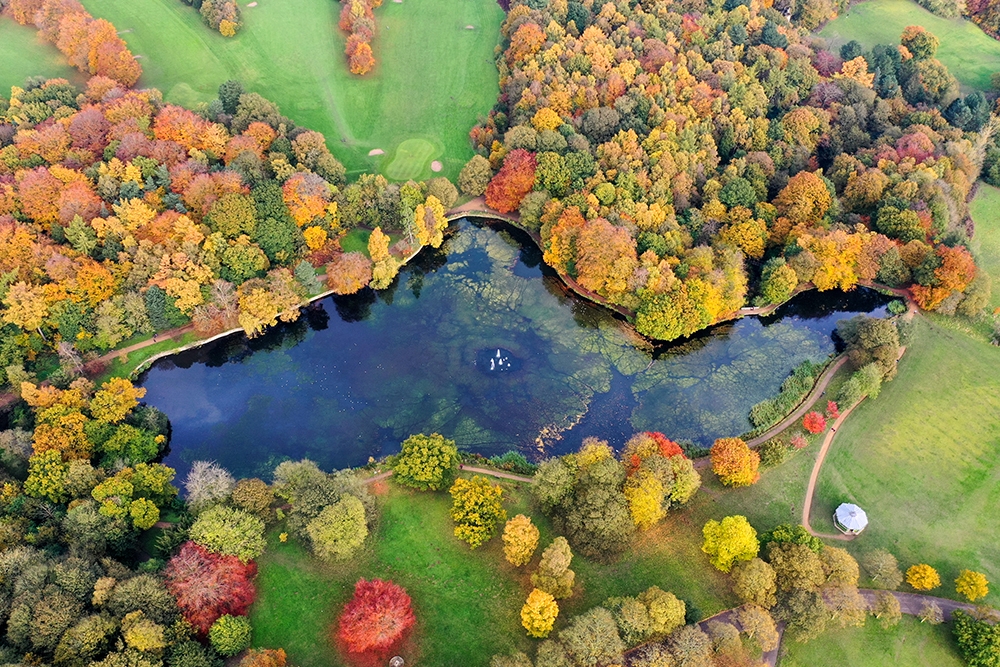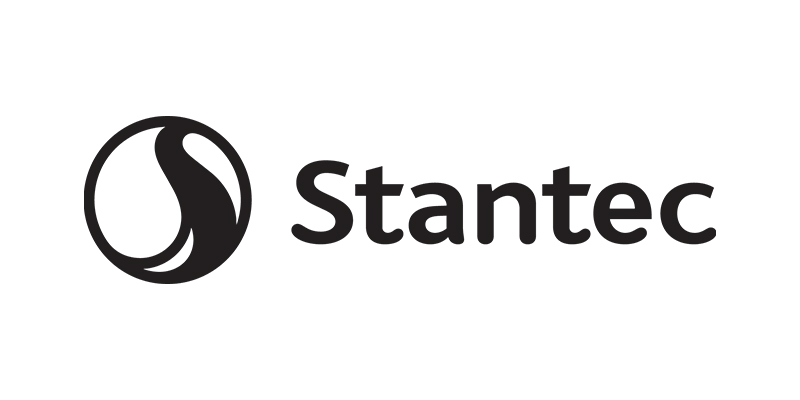
Tell us about Stantec?
Communities are fundamental. Whether around the corner or across the globe, they provide a foundation, a sense of place and of belonging. That’s why at Stantec, we always design with community in mind. At Stantec, we’re designers, engineers, scientists, and project managers, innovating together at the intersection of community, creativity, and client relationships. Stantec operates in the water, infrastructure, energy, transport, community development, and healthcare sectors.

What inspired you to join the water/wastewater sector and tell us about your current role?
At school, I really liked geography and had an interest in flooding and how this can impact people. At university, I found the Water and Environmental Engineering modules really interesting. I learnt that if it was not for the invention of sewers and clean water distribution networks, we would still be suffering from water-borne diseases such as cholera. I decided to search for jobs within the UK Water industry and gained work experience through a summer placement at Stantec (then MWH) which was advertised in my Urban Drainage module. I really enjoyed working the work and decided to return to Stantec as a full-time Graduate in 2019. In my current role, I work predominantly on sewer networks schemes for Yorkshire Water. Over the last two years, I have worked on multiple jobs including flood alleviation schemes, sewerage pollution studies and a significant pumping station rehabilitation scheme. My work enables the client to resolve issues in its network, provide effective sewerage for its customers and clean up Yorkshire’s rivers. I love that my work benefits local communities and contributes to sustainable development.
Do you feel that women are adequately represented in the water industry? If not, what are some of the ways we can make the workforce more representative?
It is noticeable that women are a minority in the industry, a 2018 survey estimates that women make up only 20% of people in the water industry. This is very low considering that women make up 47% of the UK’s workforce. Last year I was very proud to win the NCE Graduate of the Year Award, and to uphold that award, I am keen to challenge the stereotypes about engineering and the water industry. I want to show girls that you can have stereotypically ‘girly’ interests and hobbies such as dancing like myself, but also have an interest in maths and the environment. I believe that one of the best ways to readdress this imbalance is to promote STEM subjects and career paths to girls through outreach work.
Does Stantec have a clear diversity, equity, and inclusion company policy?
Yes, Stantec has a clear Inclusion & Diversity policy which is directly linked to its Corporate Sustainability Strategy. The Corporate Governance and Compensation Committee is responsible for assessing our progress against this policy’s objectives. We put a focus on diversity in its top leadership: currently, 38% of our board members are women, 38% of the C-Suite are women, and 25% of the C-Suite are women of colour. Stantec has a network of I&D Councils, and Employee Resource Groups with over regional chapters across Women@Stantec, Pride@Stantec, LatinosInStantec, Asians@Stantec, Cultural Awareness & Inclusion, Reach@Stantec, Neurodiversity@Stantec, Indigenous Connections, Persons with Disabilities, BLK_ERG, Military and Veteran Advocates. We have been named on Forbes list of America’s Best Employers for Women, and 2022 Bloomberg Gender-Equality Index – a performance ranking of public companies committed to transparent gender-data reporting and advancing women’s equality in the workplace.
What steps are you taking to encourage women’s growth within Stantec?
I have provided a safe space for women to develop presentational skills through my local Developing Professional Group forum. This has allowed junior women to build networks and connections throughout the business. I also flagged the gender imbalance in my office during my 2018 summer placement and over the 3-4 years at Stantec, I have noticed a significant improvement. It is not just the women that encourage growth within the company; I am surrounded by male allies who are passionate about making our workplace inclusive. One example of this is swapping out male pronouns in documents and presentations to gender-neutral pronouns. This one small change can make you feel like you belong when you are a minority.
What are your hopes for the future of women in the water/wastewater sector?
I hope that there will be more women in the sector at all levels and in particular, more women in senior roles. However, we will only address this imbalance if we promote STEM to girls at a young age.
Read more Stantec Articles and News on H2O Global News. Do you have an article or video that you would like to share? Submit your article here or keep up with the latest news from the water industry and wastewater industry by subscribing to our weekly newsletter







